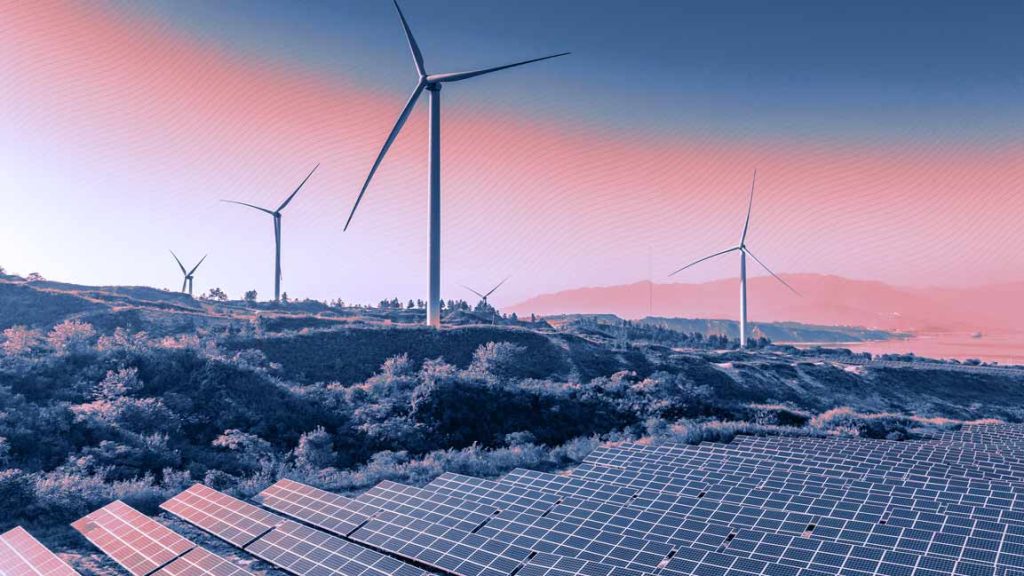Egypt has revised its renewable energy target for 2040 from 58% to 40%, as announced by Petroleum Minister Karim Badawi on Sunday. This adjustment highlights the country’s intention to continue prioritising natural gas as a vital component of its energy mix for the foreseeable future.
Ahead of the COP27 climate summit in 2022, Egypt committed to increasing its renewable energy production to 42% of its energy mix by 2035, later accelerating this target to 2030. However, the ambitious plan to raise the renewable share to 58% by 2040 has now been abandoned.
“This is a message for us all to collaborate in enhancing discoveries and attracting more investments through exploration bids, aiming for new findings in the region, particularly in natural gas,” Badawi stated during the opening session of the Mediterranean Energy Conference 2024.

This ongoing reliance on fossil fuels comes as Egypt seeks to rebuild relationships with foreign oil firms, whose local activities have slowed due to a hard currency shortage, leaving the country with billions in arrears.
Since taking office in July, Badawi has engaged with various international energy companies, including Italy’s Eni, which plans to commence drilling new wells in Egypt’s largest gas field, Zohr, in early 2025 to enhance production.
Zohr’s gas output peaked at 3.2 billion cubic feet per day (bcf/d) in 2019, helping Egypt become a net exporter. However, production declined to 1.9 bcf/d by early 2024, prompting Egypt to increase gas imports via a pipeline from Israel and through liquefied natural gas (LNG) shipments to prevent a prolonged load shedding crisis.
Additionally, Egypt has been importing high-sulphur fuel oil, with imports rising to 255,000 barrels per day (bpd) in September—the highest level since at least 2016.


